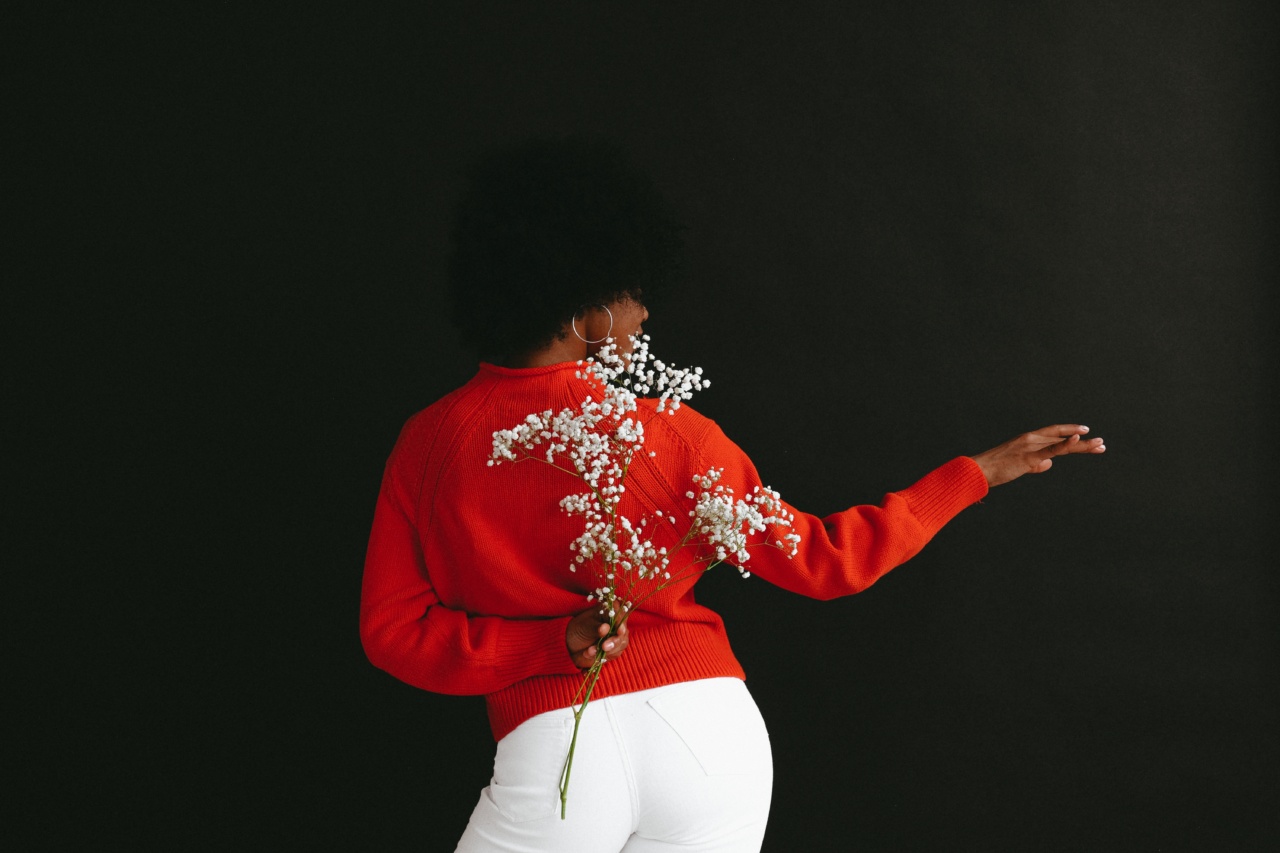Winter is the time of the year when most of us enjoy sitting by the fireplace, drinking hot chocolate, or snuggling up in bed. However, it’s also the period when we may experience difficulties in getting a good night’s sleep.
Various factors can cause winter sleep troubles, such as:.
Less exposure to sunlight
During winter, we experience shorter days and longer nights. This means that we get less exposure to sunlight, which can affect our body clock.
The lack of sunlight can also lead to a vitamin D deficiency, which plays a significant role in regulating our sleep patterns.
Colder temperatures
Our bodies naturally want to cool down when we sleep. However, colder temperatures in the winter can make it difficult to fall asleep or stay asleep.
Additionally, if your bedroom is too warm and stuffy, it can cause discomfort, leading to sleep disruption.
Dry air
Winter weather is often accompanied by dry air, which can contribute to breathing difficulties, especially for those with asthma, allergies, or other respiratory problems.
Moreover, dry air can irritate the nasal passages, leading to snoring or other sleep-disordered breathing incidents.
Holiday stress
The holiday season can be a stressful time, with preparations for family gatherings, gift shopping, and travel. This stress can cause anxiety, which can lead to sleep issues like insomnia or nightmares that can wake you up in the middle of the night.
Overindulging in food and alcohol
The winter season is synonymous with holiday celebrations and feasts, leading many people to indulge in food and alcoholic drinks. While alcohol can make you feel sleepy initially, it can disrupt your sleep patterns later in the night.
Additionally, spicy, fatty, and heavy meals can make you uneasy and contribute to heartburn, making it difficult to sleep.
Inconsistent sleep schedules
During winter, we tend to have more free time on our hands, leading to more late-night TV binges, gaming sessions, or internet surfing.
An inconsistent sleep schedule can interfere with your body clock, making it harder to fall asleep, stay asleep, and wake up feeling rested and energized.
Lack of exercise
The cold weather can make it more challenging to find the motivation to exercise. However, lack of physical activity can lead to restless sleep patterns, and some studies suggest that regular exercise can help improve sleep quality.
Seasonal affective disorder (SAD)
SAD is a type of depression that occurs during the winter months when sunlight is scarce. Symptoms of SAD can include low mood, low-energy, loss of interest in activities, and sleep issues like oversleeping or difficulty falling asleep.
Noise pollution
The winter season can be associated with snowplows, snow blowers, and other outdoor activities that can cause unwanted noise pollution.
Additionally, if you live in an apartment or condo, the sound of your neighbors’ activities can cause sleep disturbance, especially if they are playing music or having parties late at night.
Conclusion
Winter sleep troubles can be caused by various factors that range from seasonal changes to lifestyle habits.
To overcome these issues, it’s essential to establish a consistent sleep schedule, maintain a healthy lifestyle, and create a sleep-conducive environment. By taking simple steps like using a humidifier, wearing warm clothes to bed, and limiting alcohol and caffeine consumption, you can reduce the impact of winter sleep troubles and enjoy a peaceful night’s rest.































